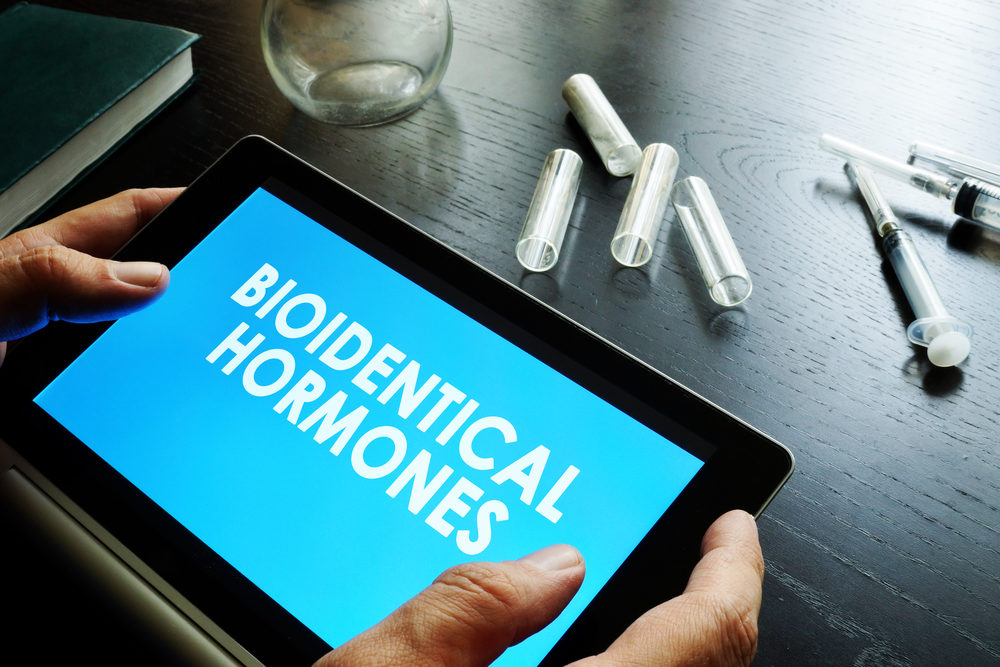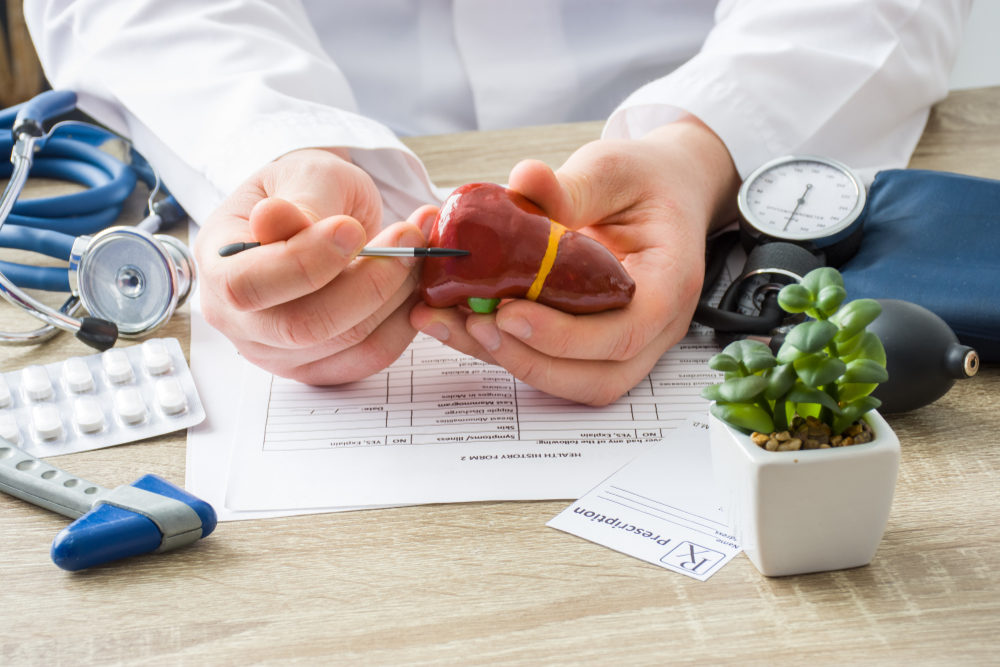What Is Male Hypogonadism?
Testosterone Deficiency, also known as Male Hypogonadism Male hypogonadism medically describes a testosterone deficiency in men resulting from the failure of their testes to produce adequate levels of testosterone, sperm, or both. The ramifications of such a condition have resounding impacts on the development of young prepubescent boys as well as towards the overall health and wellness of adult men. To better understand how the harmful symptoms of hypogonadism arise, the physiological pathway of testosterone production should illuminate how testosterone is delivered, regulated, and how the effects of disease or trauma...








